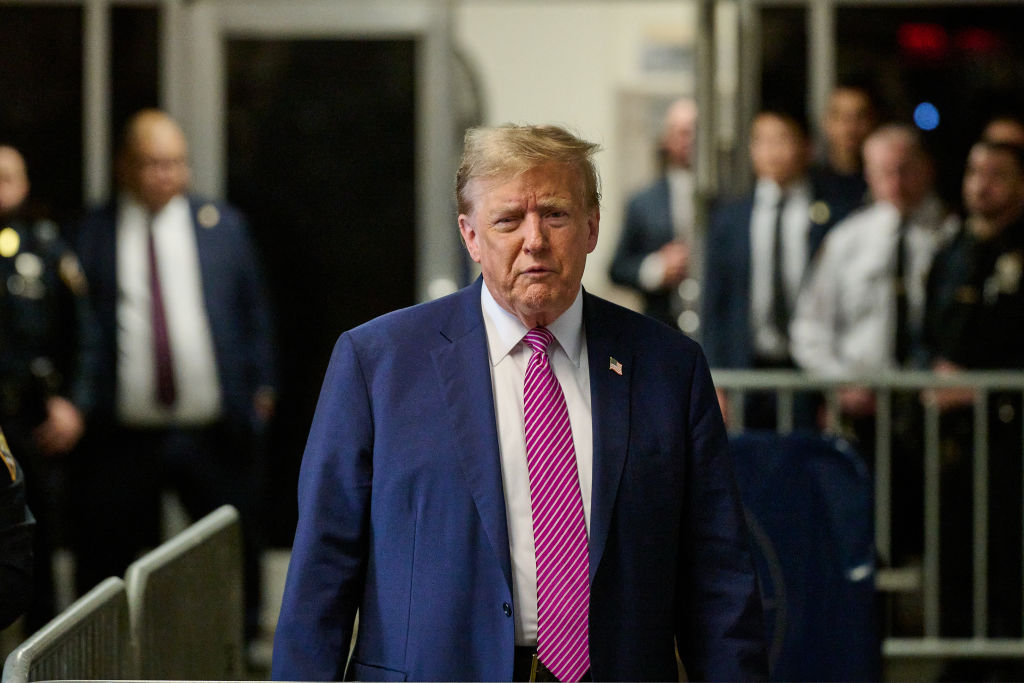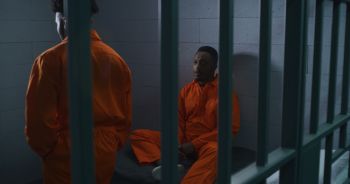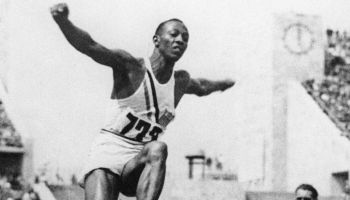WASHINGTON (AP) — Mitt Romney’s Super Tuesday victories elicited a collective yawn from his party’s superdelegates.
SEE ALSO: Need A Passport Photo? There’s An App For That!
Since Tuesday’s voting, Romney has added only a single endorsement to his total among members of the Republican National Committee, the party leaders who automatically attend the national convention this summer. They can support any candidate they choose, so they can play an important role at the convention.
Some of the undecided superdelegates say they expect the former Massachusetts governor to be the eventual nominee but, like many Republican voters, they’re not quite ready to embrace him.
“Right now I am comfortable with this going a bit longer,” said Jeff Johnson, a national committee member from Minnesota.
In fact, Johnson has endorsed former House Speaker Newt Gingrich, and he said he was “hanging tight for now.” But, he acknowledged, “There may be a point where it seems all but impossible for him to win.”
The Associated Press has polled 107 of the 117 Republican National Committee delegates. Romney has 24 endorsements, far more than any other candidate but only one more than he had the previous week. Gingrich has four endorsements and former Pennsylvania Sen. Rick Santorum has two – unchanged from the previous week.
Texas Rep. Ron Paul lost an RNC delegate, leaving him with just one. Seventy-six of the delegates said they were undecided or not ready to make a public endorsement.
The latest poll was conducted Wednesday to Friday – immediately after the biggest day of the election, when voters in 10 states made their choices. Romney won six of 10 Super Tuesday contests and more than twice as many delegates that day as any other candidate.
But he’s having trouble connecting with the party’s conservative base, a weakness that could hurt him in Saturday’s caucuses in Kansas and Tuesday’s primaries in Alabama and Mississippi.
Many GOP activists say they worry that a long, nasty primary fight could leave the eventual nominee bruised when he takes on President Barack Obama in the fall. But most of the RNC members with the power to shorten the contest are taking a wait-and-see approach.
After all, these same RNC officials adopted new rules last summer meant to lengthen the nominating process by requiring early-voting states to award delegates proportionally, instead of winner-take-all.
Henry Barbour, an RNC member from Mississippi, said a vigorous primary battle will toughen the eventual nominee for what promises to be a rough campaign against Obama.
“If you’re going to be leader of the free world, you’re going to have to put on your big boy pants,” said Barbour, who first endorsed Texas Gov. Rick Perry but switched to Romney after Perry dropped out.
James Dunn, an RNC member from Oklahoma, said, “It’s not going to be easy to defeat Obama. If they can’t handle the nomination process, their skin isn’t thick enough to handle the big race.”
Dunn used to support Paul but said he now is undecided after Paul finished fourth in the Oklahoma primary.
“I don’t know what the heck I’m going to do. I’m not happy with the two front-runners,” Dunn said of Romney and Santorum. “I like things about them. I dislike things about both of them.”
In the overall race for delegates, Romney leads with 422, followed by Santorum with 181 and Gingrich with 107. Paul trails with 46.
Romney is still a long way from the 1,144 delegates needed to win the nomination, but he is the only candidate on pace to reach the magic number before the party’s national convention in August. At their current rates, Santorum and Gingrich won’t reach even half the number needed.
To date, Romney has won 55 percent of the delegates available in primaries and caucuses; Santorum has won 24 percent, and Gingrich has won 14 percent.
The RNC has a total of 168 members – three from each state, the District of Columbia and five U.S. territories. In some states, RNC members must support the winner of local primaries or caucuses.
The AP has identified 39 states and territories in which the RNC members will be free to support any candidate they choose. That’s 117 RNC delegates who will essentially be free agents at the convention.
A total of 2,286 delegates are slated to attend the Republican National Convention in Tampa, Fla. The RNC delegates make up only 5 percent of them. But if Romney stumbles and can’t amass enough delegates in primaries and caucuses, the RNC members would play an important role.
Jeff Berman, who ran Obama’s delegate operation in 2008, said lobbying for the RNC delegates can be intense.
“Romney likely is telling the Republican superdelegates that he’s going to be the nominee, get on board now and he’ll always remember you were there when he needed you,” said Berman, who recently wrote a book about Obama’s 2008 campaign, titled “The Magic Number.”
Santorum and Gingrich “more likely are saying vote for the candidate who is a strong conservative, who won your state and who will help get your base voters out in November to support your local candidates on the ballot,” Berman said. “This may be an effective pitch in those parts of the country where Romney is struggling.”
Romney’s campaign made a public pitch this week that he is the inevitable nominee, calling Super Tuesday “our opponents’ last stand.”
Santorum has been trying to marginalize Gingrich, saying it’s a two-man race and he’s the man to solidify the anti-Romney vote.
Errol Galt, an RNC member from Montana who endorsed Romney on Tuesday, said he would like to see a quick end to the nomination battle.
“But this is the process we are in,” Galt said. “It is going to take a lot of money if the primary is drawn out further.”
SEE ALSO:
ranian Women Pose Nude To Protest Repression (NSFW VIDEO)
Rick Santorum Thinks NY Press Is Out To Get Him
















